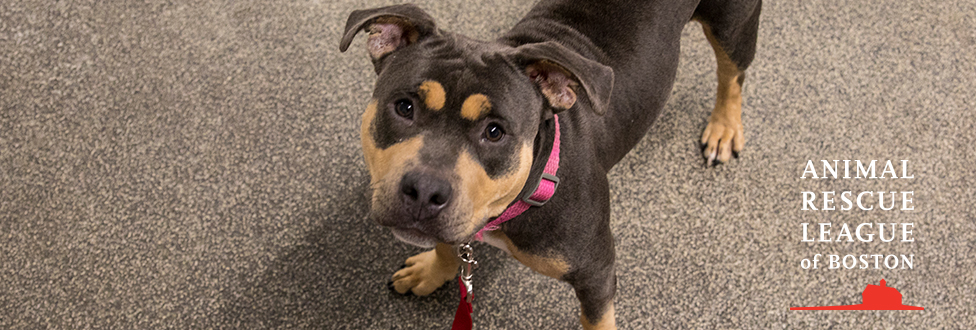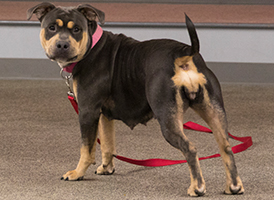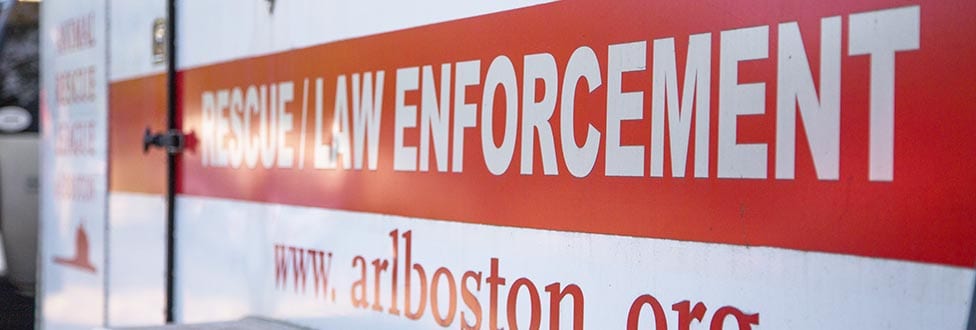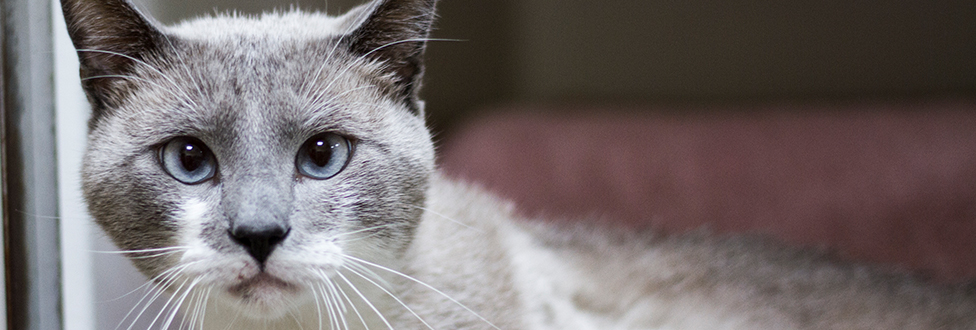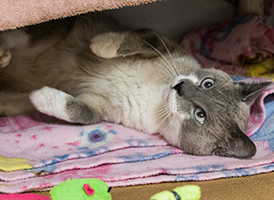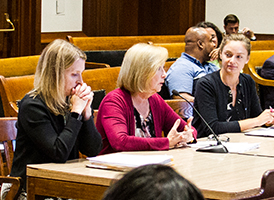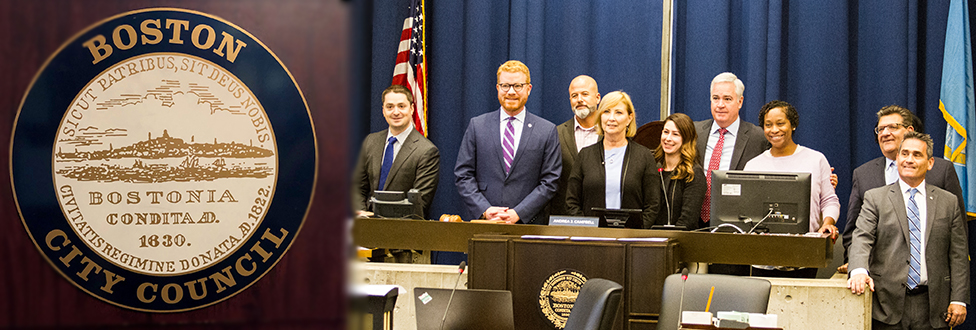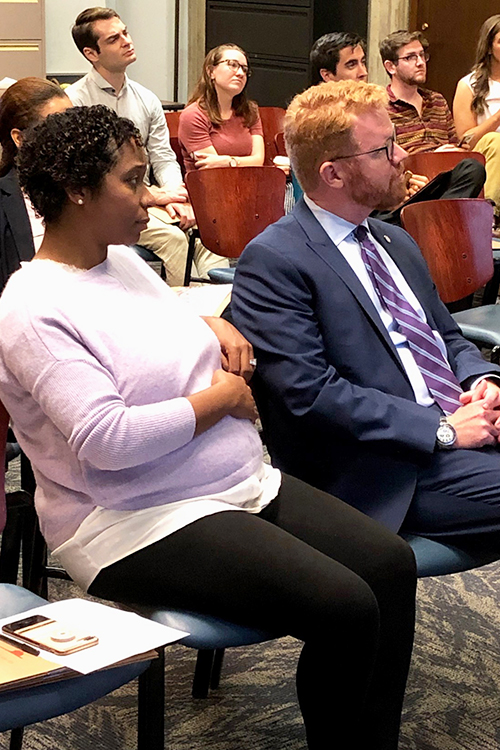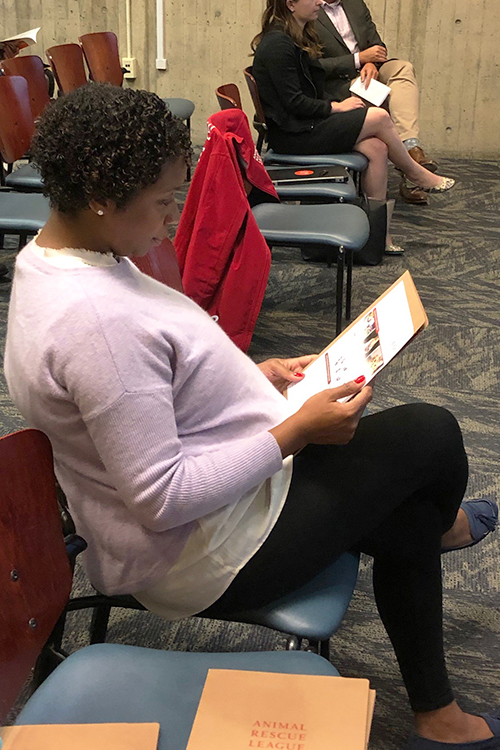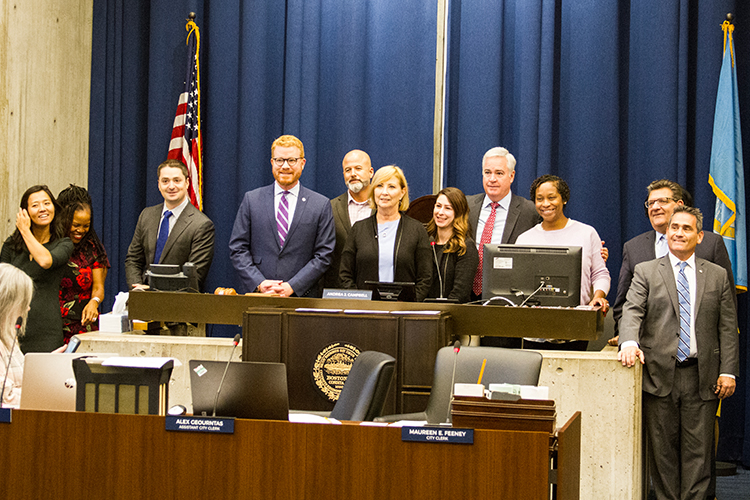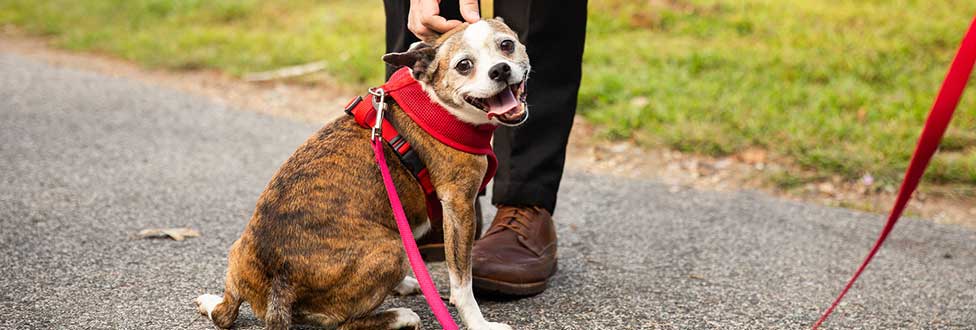Eversource Assists in Tricky Roslindale Rescue Situation
Cat in tree rescues are like snowflakes – no two are ever the same.
For a cat stuck 30 feet up in a tree in Roslindale this past week, the challenge for the Animal Rescue League of Boston’s (ARL) Field Services Department was power lines.
ARL responded shortly after a passerby noticed the cat meowing from the tree along Ramsdell Avenue in Roslindale, and while ARL field agents were able to coax the cat down to about 20 feet, the power lines going through the tree from two sides made it unsafe to climb.
Calling on Eversource for assistance, the power company dispatched a bucket truck, which was used to safely and successfully remove the cat from the tree.
Down safely, the cat now named Maple (Maple tree – get it?) was transferred to ARL’s Boston Animal Care and Adoption Center for treatment.
The six-month-old cat is healthy and friendly, but did not have a microchip, so at this point it’s unknown if the cat is a stray or a pet that lost its way. ARL is currently coordinating with other organizations and checking lost reports to see if Maple has been reported missing.
ARL wishes to thank Eversource for their quick response and assistance in getting Maple out of his difficult situation!
Click here for tips on what to do should your pet go missing!
ARL Field Services
ARL Field Services provides technical and non-technical rescue operations for injured or lost domestic animals, livestock, and raptors (turkey vultures, osprey, hawks, eagles, falcons, and owls).
ARL Field Services also assists governmental agencies with equipment and training; and plays an essential role in assisting ARL Law Enforcement in cases of animal cruelty, neglect, and abuse.
If you need assistance, call (617) 426-9170 to reach ARL Field Services dispatch, which operates from 9:30 AM – 5:30 PM Tuesday-Saturday.


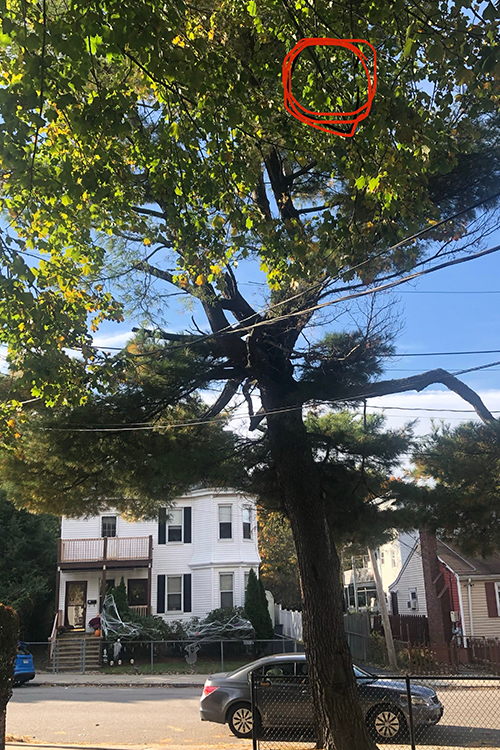
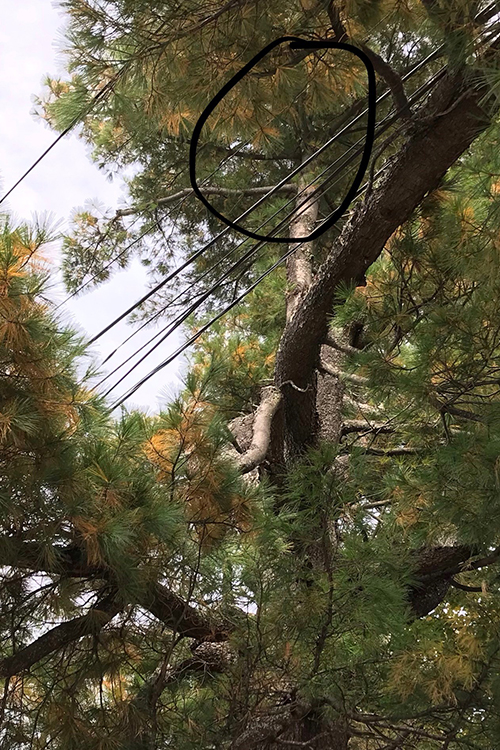
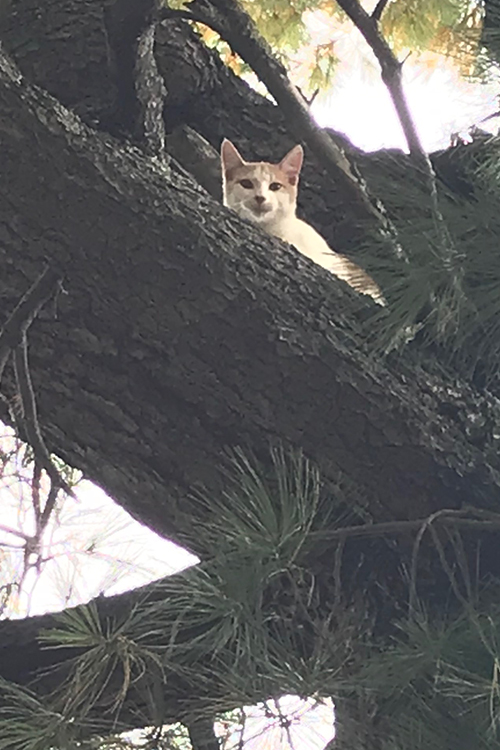
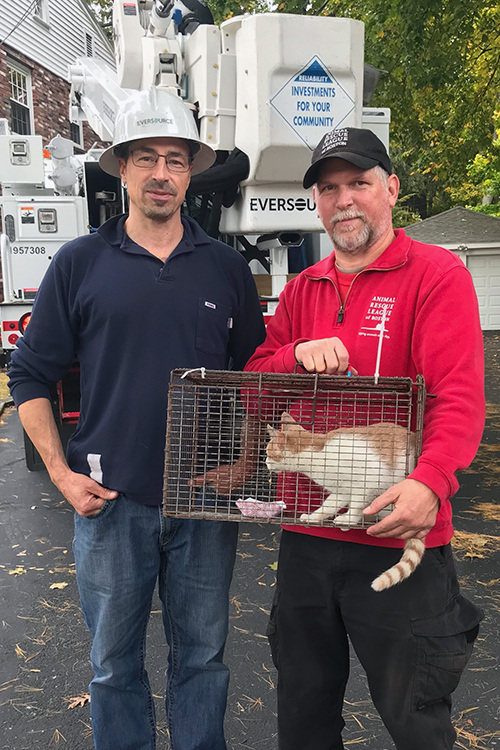
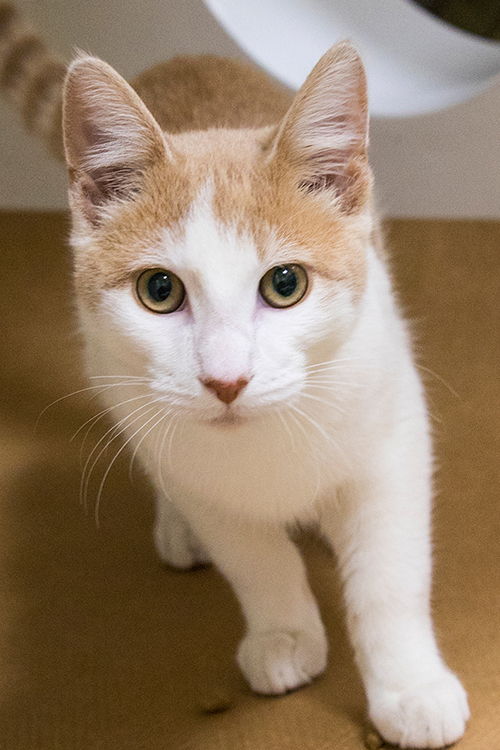
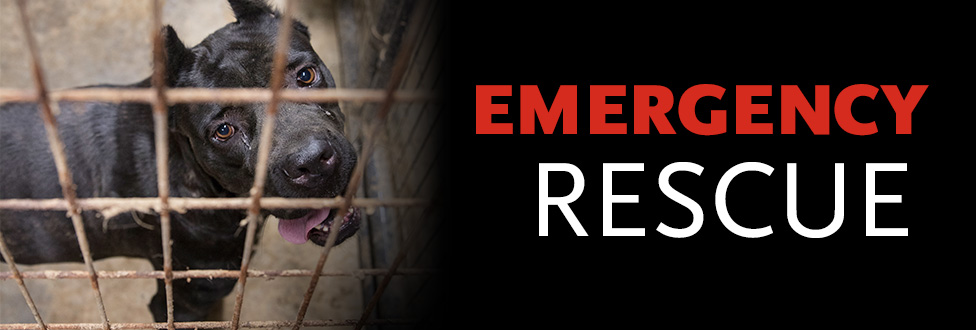



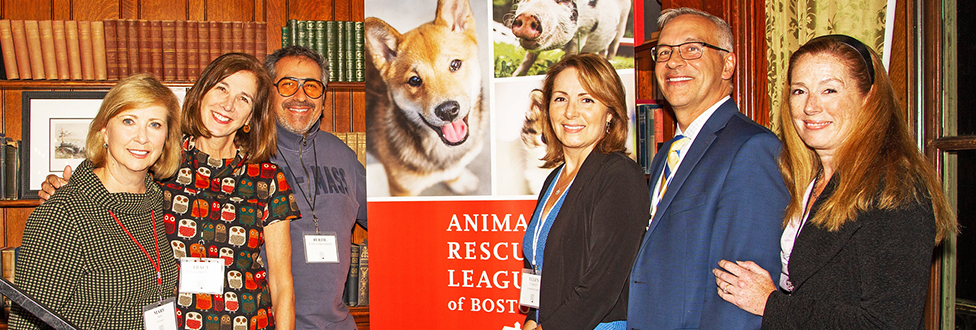
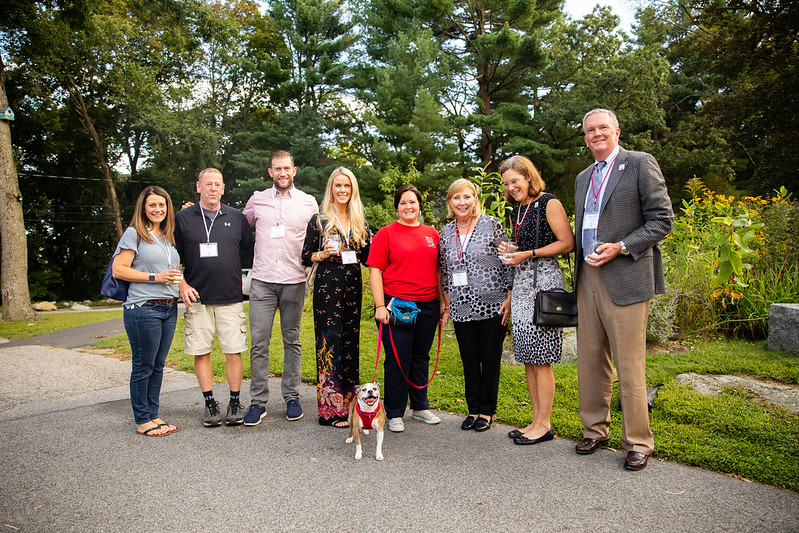
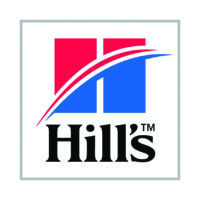 Dr. David J. McGrath
Dr. David J. McGrath


